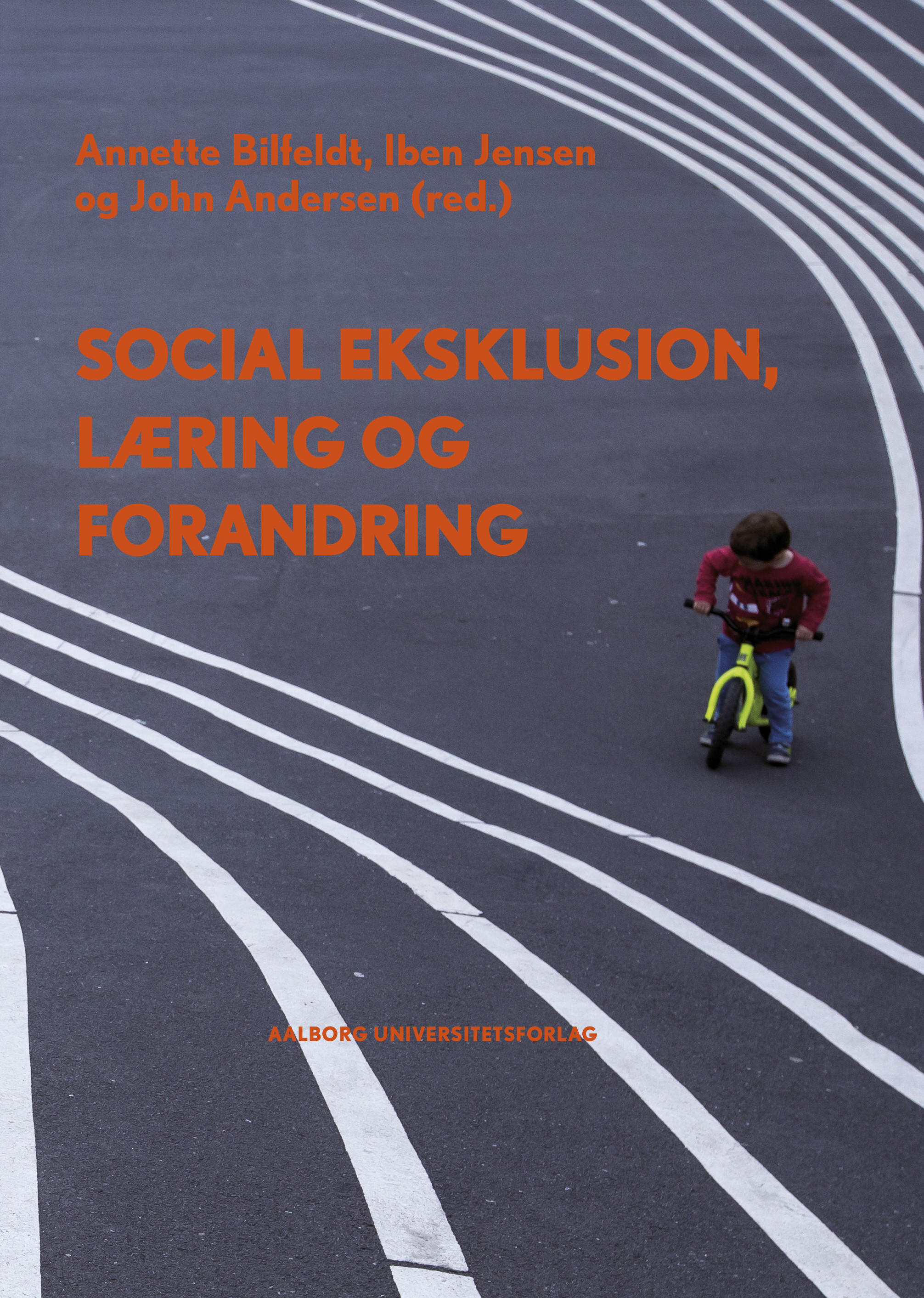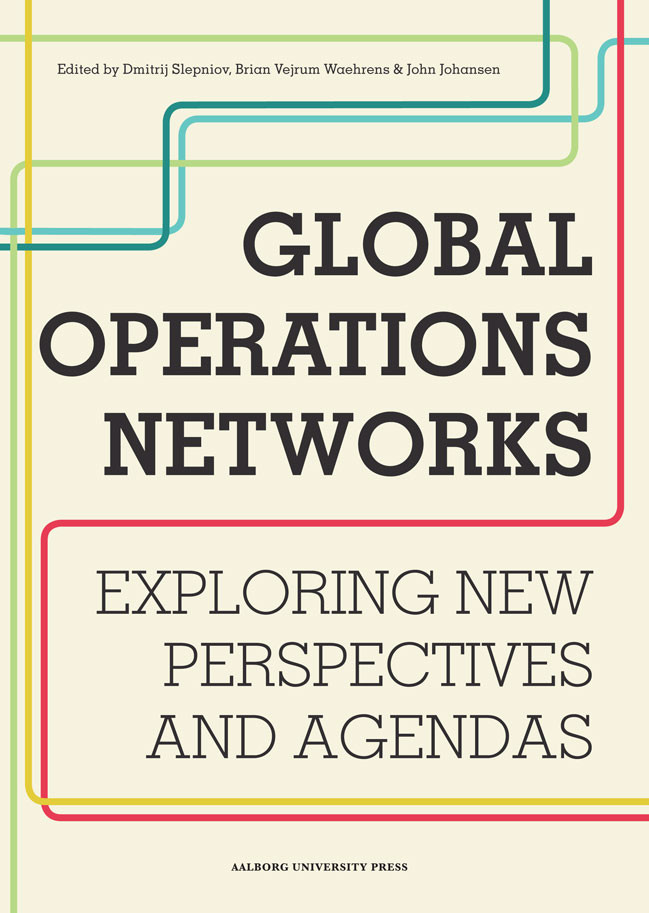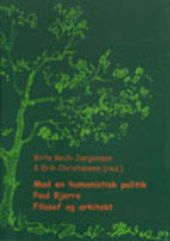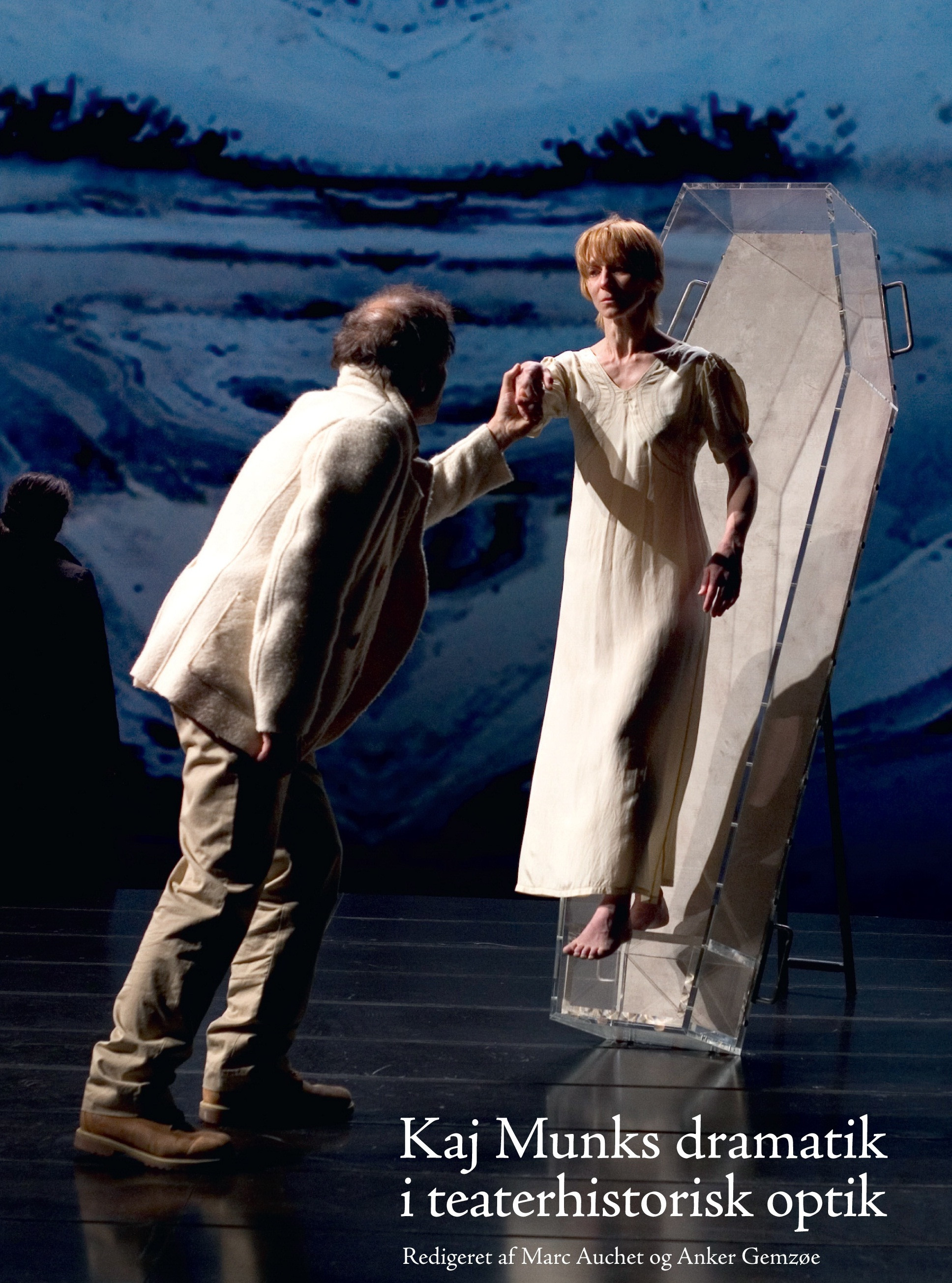Kaj Munk - An Introduction to a Controversial Danish Priest, Playwright, and Debater in the Inter-Bellum
Af redaktør søren dosenrode , nadezhda mihaylova
En del af serien Kaj Munk
The inter-bellum and the Second World War was an extreme era in terms of politics and culture. Culture broadly understood was marked by the horrors of the First World War, and by the political instability in Central Europe that followed it, including constant attacks on democracy as a form of government. The Danish priest, playwright, author, debater, and resistance icon Kaj Munk (1989–1944) lived and was in his prime during this period, specifically during the 1930s and the beginning of the 1940s. Munk was controversial both during his life and after his death, killed by a German SS Group in January 1944.
Kaj Munk was multifaceted; he encapsulated values that today we consider right (the fight against oppression and antisemitism) as well as wrong (his embracing of fascism and never becoming a democrat), and he tended to divide people sharply into admirers and opponents then.
Munk was one of several important cultural personalities in Europe of that time, and is well known within the Nordic countries, but less so elsewhere, mainly because he wrote in Danish. With this anthology, we aim to introduce him to a broader international audience.
-
The inter-bellum and the Second World War was an extreme era in terms of politics and culture. Culture broadly understood was marked by the horrors of the First World War, and by the political instability in Central Europe that followed it, including constant attacks on democracy as a form of government. The Danish priest, playwright, author, debater, and resistance icon Kaj Munk (1989–1944) lived and was in his prime during this period, specifically during the 1930s and the beginning of the 1940s. Munk was controversial both during his life and after his death, killed by a German SS Group in January 1944.
Kaj Munk was multifaceted; he encapsulated values that today we consider right (the fight against oppression and antisemitism) as well as wrong (his embracing of fascism and never becoming a democrat), and he tended to divide people sharply into admirers and opponents then.
Munk was one of several important cultural personalities in Europe of that time, and is well known within the Nordic countries, but less so elsewhere, mainly because he wrote in Danish. With this anthology, we aim to introduce him to a broader international audience.
-
Antal sider
198
isbn
978-87-7573-036-0
issn
2794-1949
Udgave
1. udgave
Udgivelsesår
2023
-
Filnavn Download
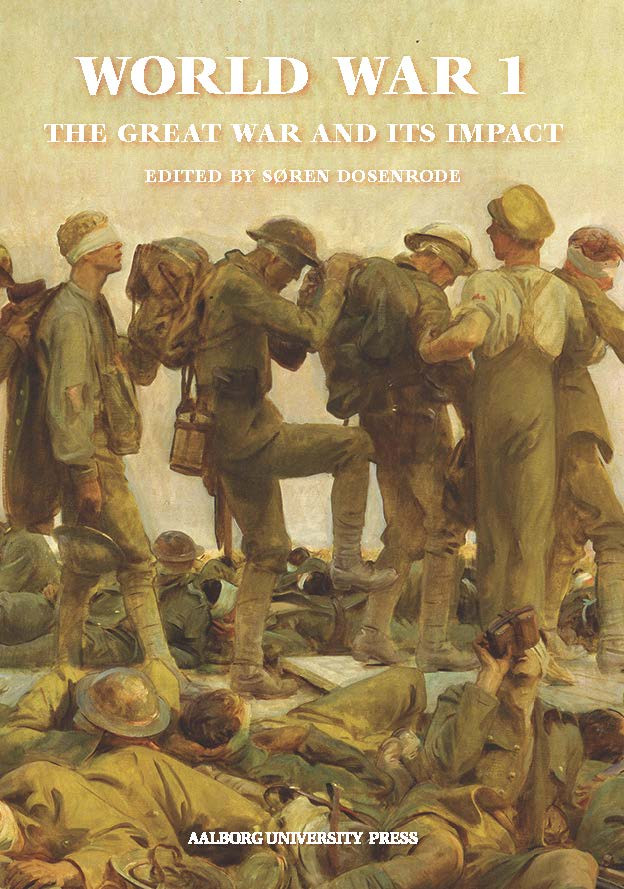

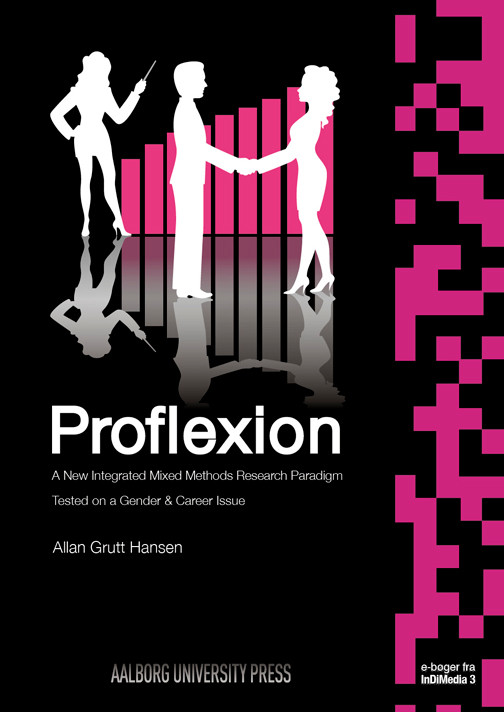
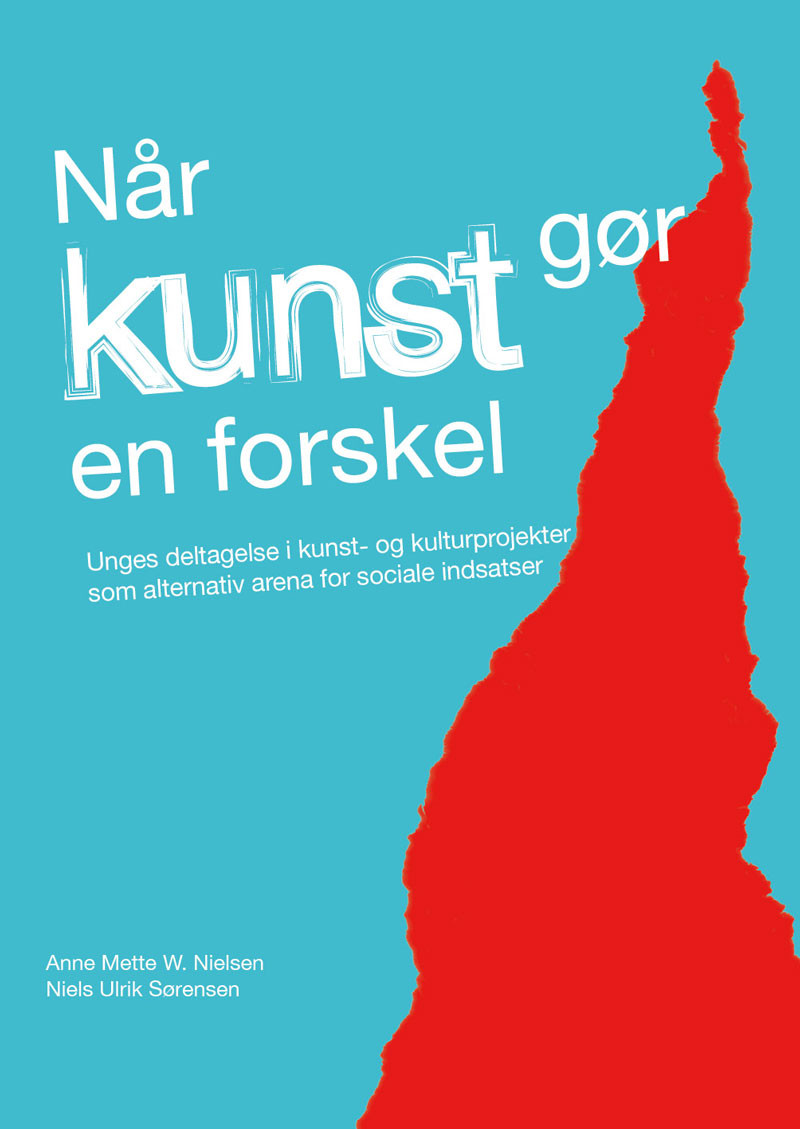
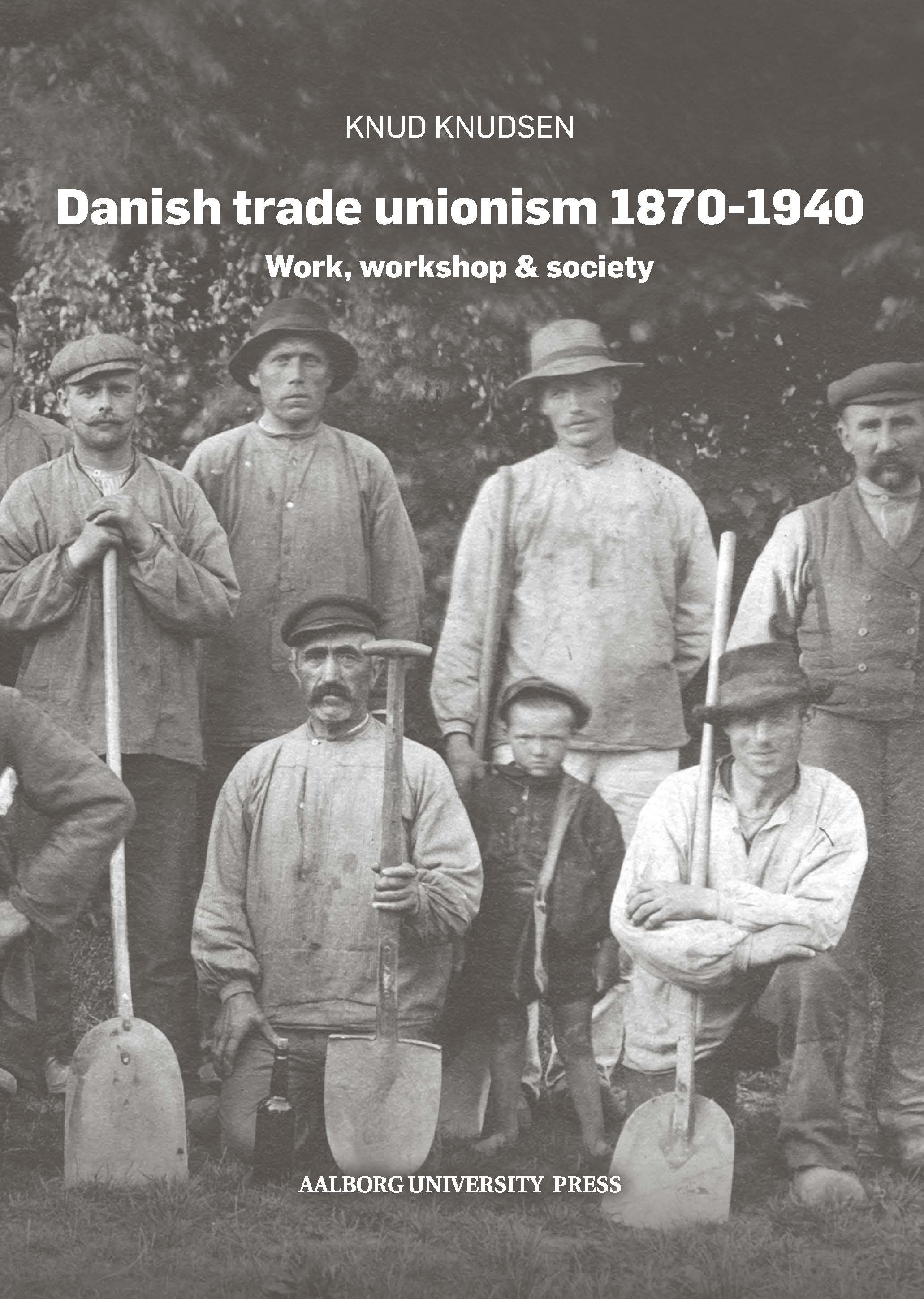





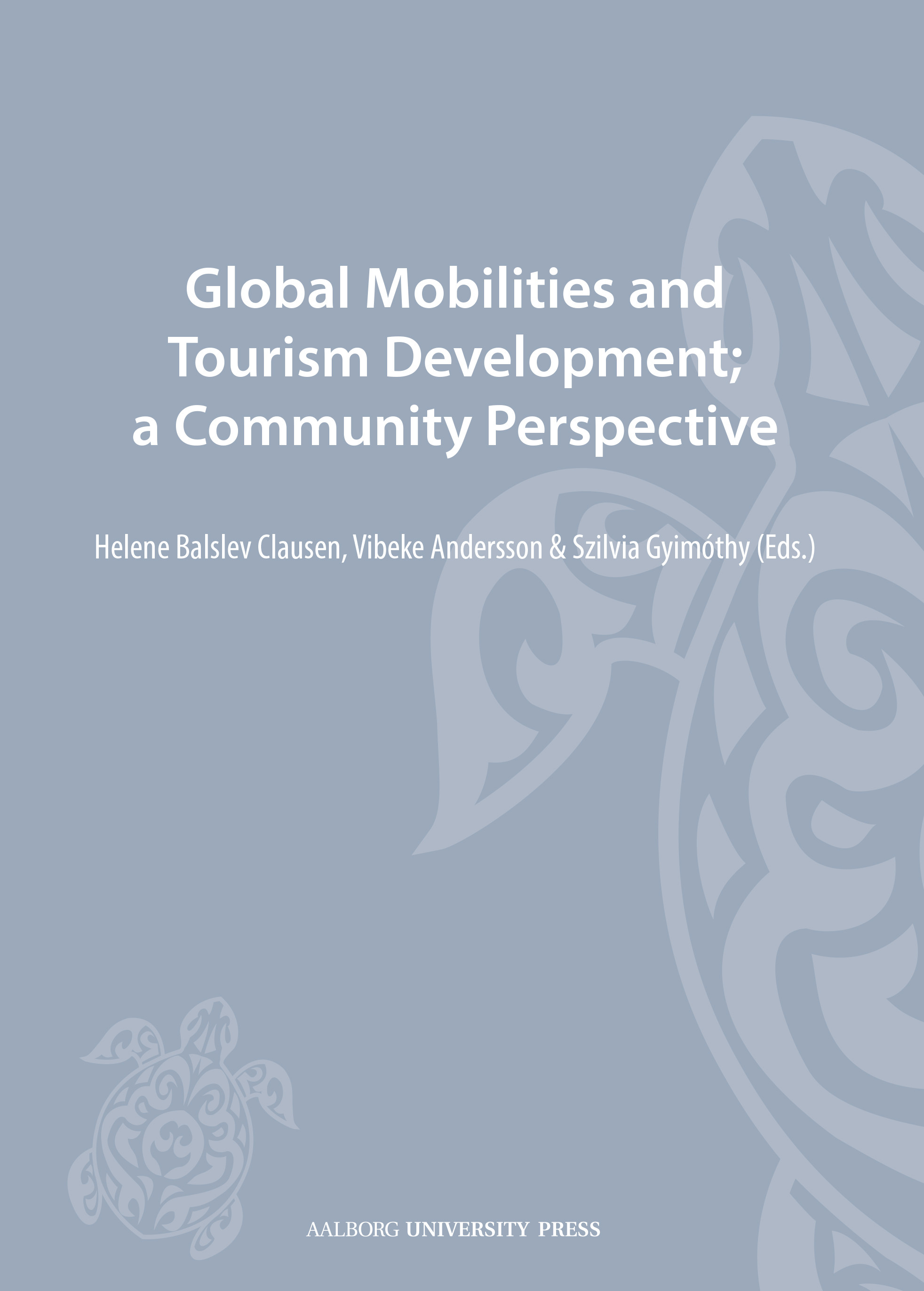
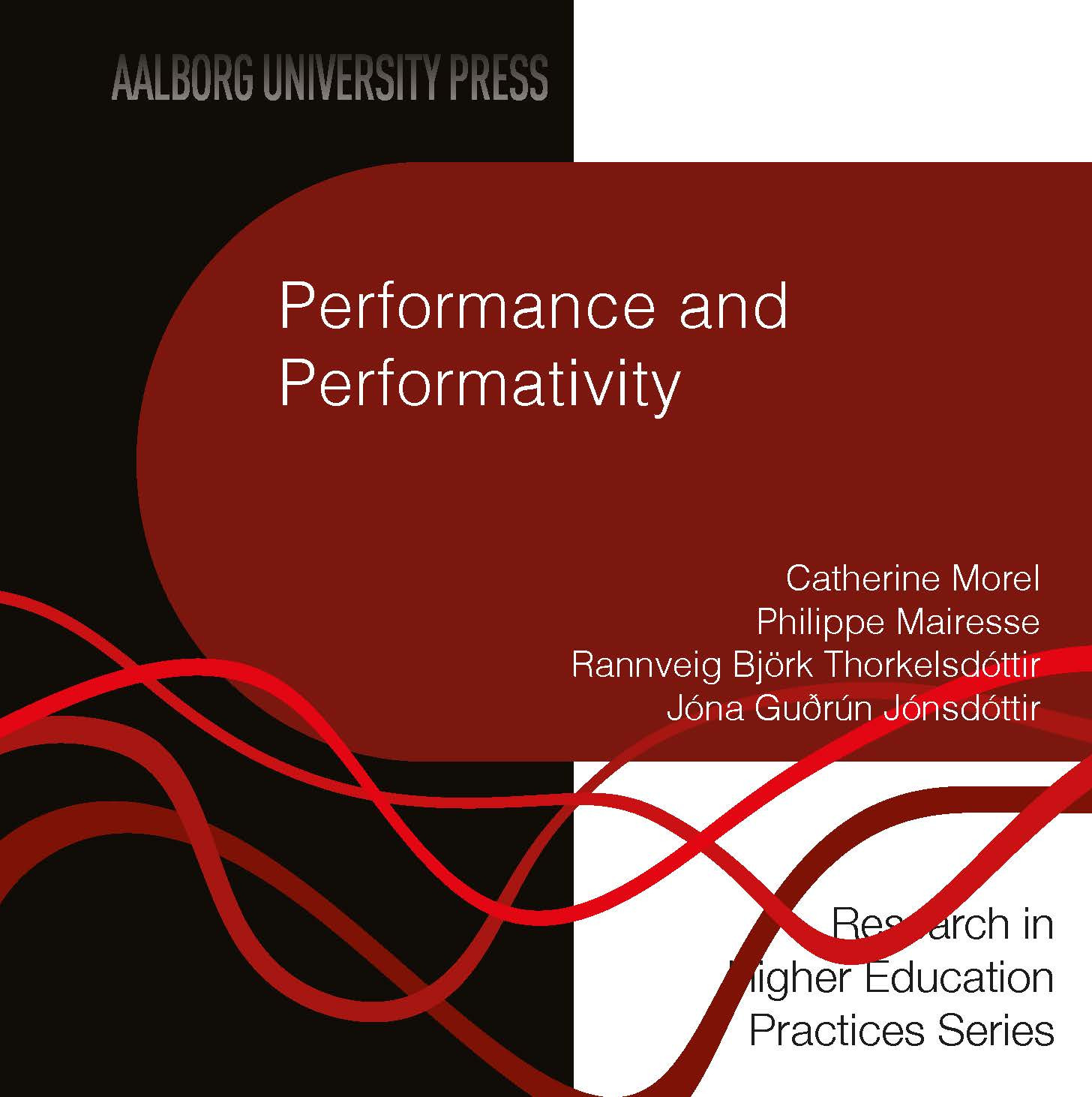





-public.jpg)

